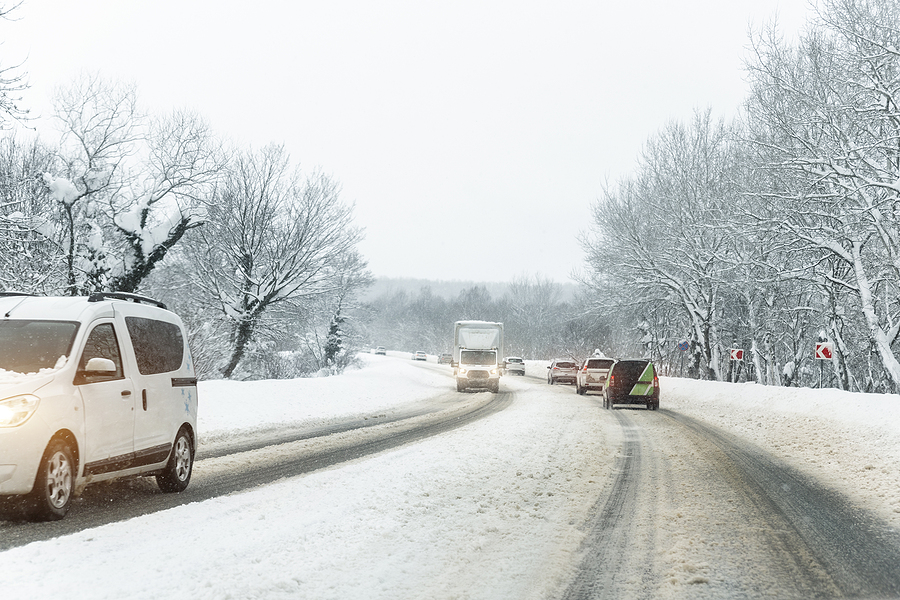
In winter months – and especially here in New England, the weather can change quickly and roads may become dangerous. The best way to prepare for winter road trips is simply to be prepared.
Here are some tips on how to stay safe on the road during this season:
Winterize your car
- Check your tires
You should check the pressure and tread of all four tires at least once a month. You should also check for any signs of damage, such as cracks or bulges on sidewalls or around the edges of the treads. If you see any, get new tires immediately—especially if they’re worn down to 4/32nds (about 4 mm) or less. Worn tires could lead to blowouts that cause crashes and other serious accidents during winter driving conditions when roads are slickest!
- Check your wiper blades
If your wiper blades aren’t doing their job properly—or don’t exist at all—you’ll have trouble seeing clearly through rain, snow, sleet, and frosty foggy days with road deicing chemicals mixed in with them too! That’s why it’s important to replace worn-out ones regularly; this way you’ll always have fresh ones ready when needed most urgently (like after the first storm hits).
Watch for weather updates
The weather is not something you can control, but there are steps you can take to ensure that it doesn’t become a problem on your trip. Before leaving on your trip, check the forecast and make sure you know exactly what to expect. If there’s a chance of snow or ice, make sure you pack an emergency kit with warm clothes in case the temperature drops unexpectedly.
During your road trip, keep an eye on current road conditions and adjust your driving accordingly. If it’s snowing heavily outside and visibility is low, slow down to avoid accidents or getting stuck in a ditch!
Pack an emergency kit
A good rule of thumb is to have enough supplies in your car to last 72 hours. This includes:
- Water (a gallon per person, per day)
- Food (non-perishable items that do not require cooking)
- Blankets or sleeping bags for each passenger, plus one extra for each person in the case of an accident where you could be stuck for a long time
Drive carefully in bad weather
If the weather on the roads is bad, slow down. It’s tempting to push the gas pedal when you have a long trip ahead of you, but this can lead to unsafe driving conditions and accidents. If you’re moving too quickly for road conditions, it can cause your vehicle to skid. This means that if your car starts to skid on ice, snow, or wet pavement—you need to stay calm and keep control of your vehicle by gently applying brakes until it comes out of the skid.
Other things you can do to be prepared:
- Have a full tank of gas
- Have a cell phone and charger
- Keep emergency supplies in your car, including food, water, and blankets
- Turn on your headlights when daylight fades or roads are covered by snow or ice
We hope that this article helps you prepare for your next winter road trip. The best thing you can do is to plan ahead and be prepared for anything that might come up.
